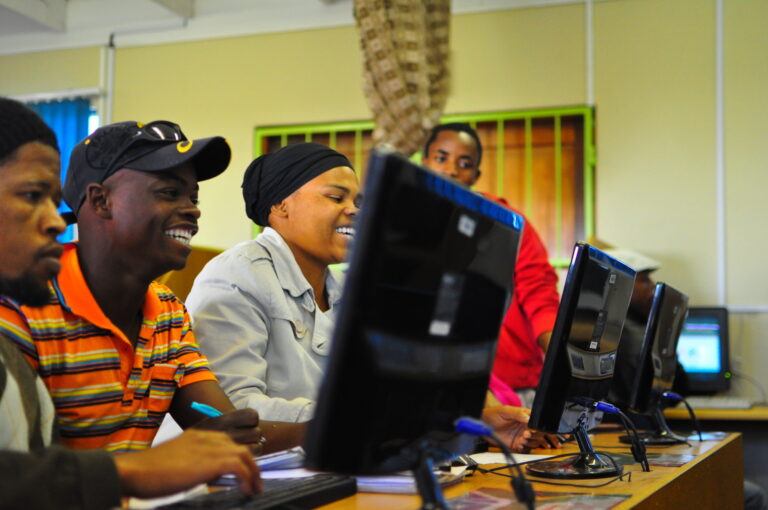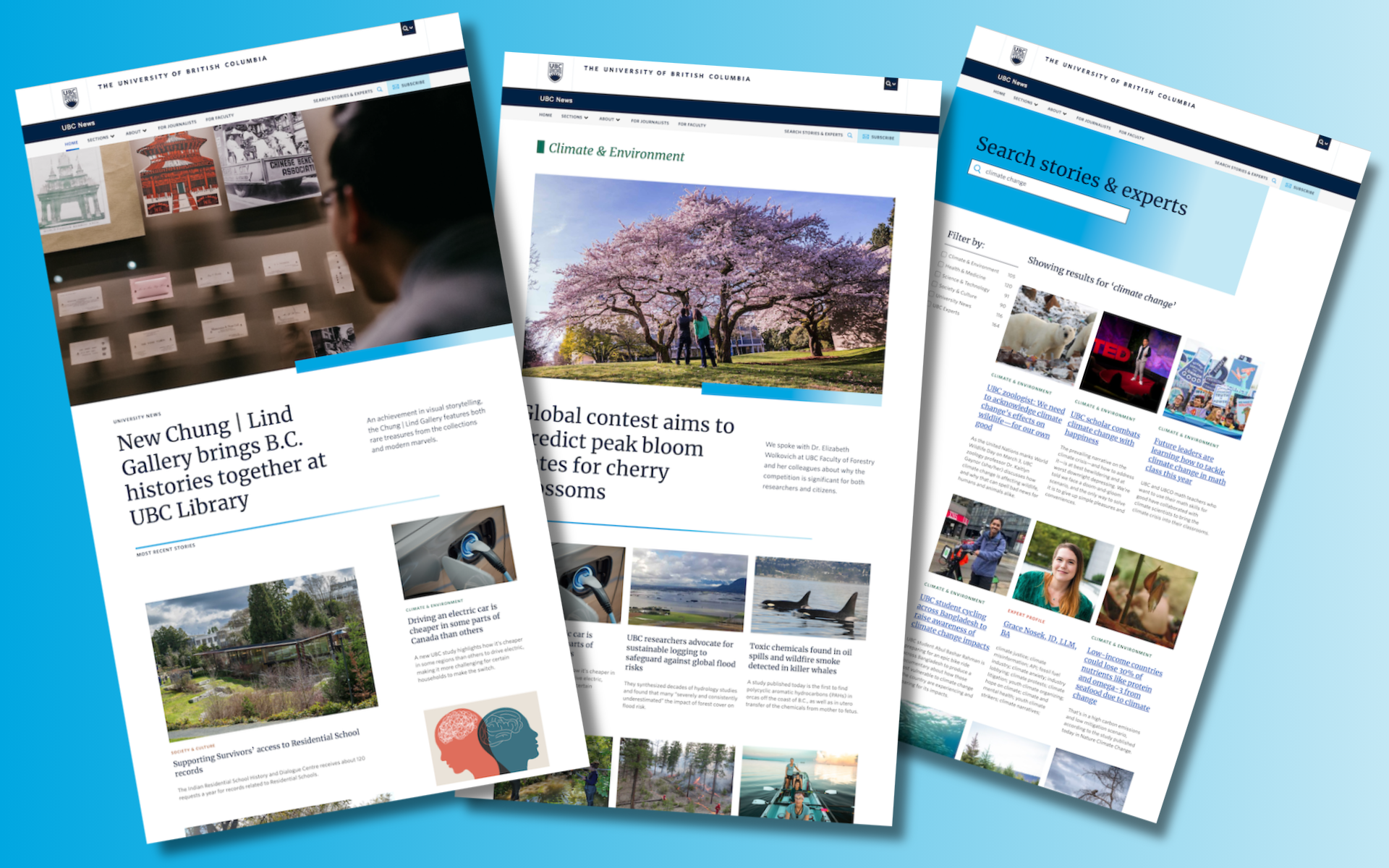Equity and Anti-Racism
-

UBC launches early childhood education certificate program for Deaf and hard-of-hearing people
The two-year part-time program will be offered online. Content is fully captioned and interpreted, with much of it delivered visually. In-person practicum placements will be available throughout B.C.
-

UBC student champions disability justice to win Lieutenant Governor’s Medal
Rabiah Dhaliwal recognized for contributions to the promotion of diversity and inclusion
-

Gay dads have an image problem
Erez Aloni, associate professor in the Peter A. Allard School of Law, analyzed data about gay fathers in the U.S. and found there may be a systemic disparity in wealth accumulation among this group, a situation he says likely exists for Canadian fathers as well.
-

Around the world, children’s education becoming more closely tied to their mother’s
A new study has found that a mother’s educational status—the highest level of education that she has attained—plays an increasingly important role in shaping her children’s educational status, while the importance of the father’s educational status has declined.
-

A new beginning for Afghan women judges forced to flee the Taliban
Today, the Peter A. Allard School of Law at the University of British Columbia announced the creation of the new Afghan Women Judges Program. Through this new program, three judges from Afghanistan have joined the law school.
-

Celebrating Black History Month at UBC
In honour of Black History Month, the University of British Columbia is celebrating the programs and initiatives that support the university’s Black community members.
-

Why does the date of Lunar New Year change?
This lunar new year falls on Jan. 22, making it one of the earliest in recent history. So why does the date of the lunar new year change?





